1. They Can Be Extremely Loud

One of the most common reasons people regret getting a parrot is the noise. Parrots are notoriously loud birds, and their vocalizations can range from shrill squawks to constant chirping, making them difficult to ignore. This noise isn’t just limited to daytime; many parrots wake up early in the morning and immediately start calling out. If you live in an apartment or a place with thin walls, your neighbors might not appreciate the noise. Even if you have a spacious home, the sound can become overwhelming after a while. Some parrot species are known for their loud, high-pitched screeches that can be hard to tune out.
If you’re used to a quiet home or value silence for relaxation or work, this aspect of parrot ownership may drive you crazy. What makes this situation even more difficult is that parrots often do not respond well to being told to be quiet, so it can feel like a never-ending cycle of noise. According to the World Parrot Trust, while some parrots can be trained to reduce their vocalizations, it takes a lot of time and patience. The noise can be especially unbearable if you get a larger breed, such as macaws or cockatoos, which are known for their powerful calls. Over time, this constant din can wear on your nerves, making you reconsider whether the chaos is worth the companionship.
2. Mess Is a Part of the Deal
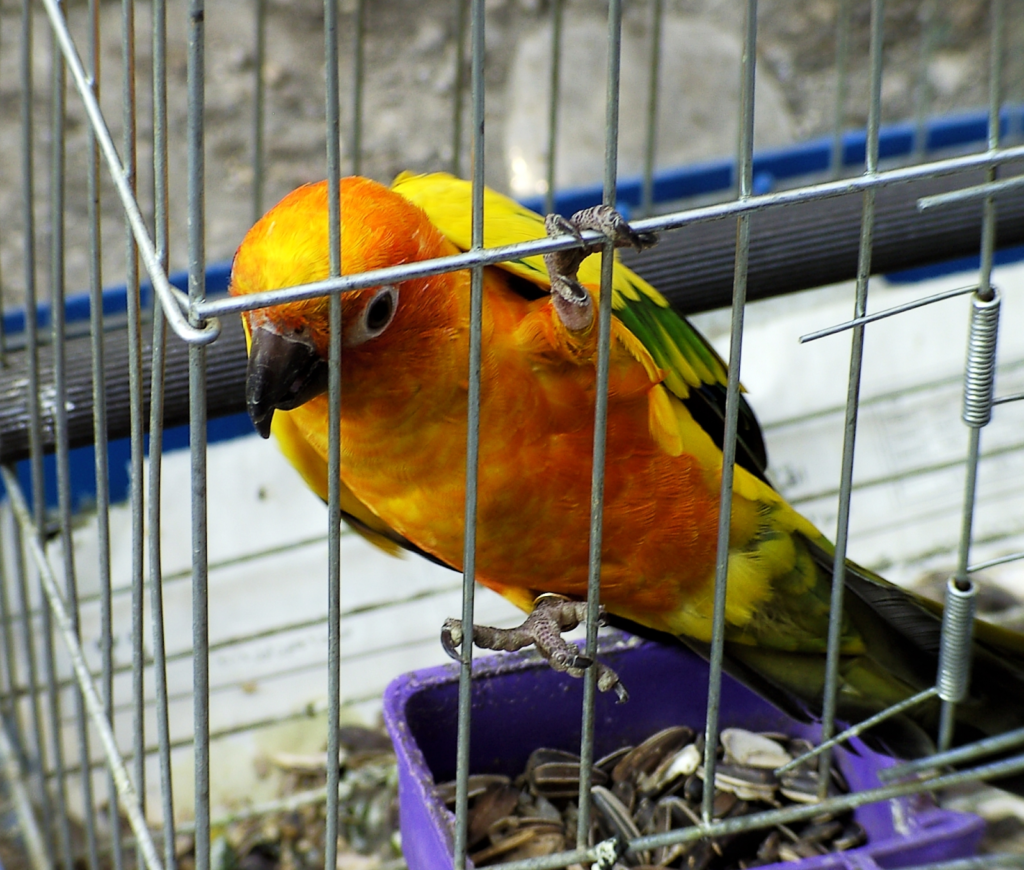
Anyone considering a parrot should be prepared for the mess that comes with owning one. According to Northern Parrots, parrots are messy eaters by nature, and they’ll scatter food everywhere—on the floor, outside their cage, and even across your furniture. Birds are also known for preening, which means they’ll shed feathers throughout your home. These feathers are lightweight and can end up in every nook and cranny, making cleaning a never-ending task. The mess isn’t just in the form of debris; parrots often like to destroy things, including toys, their cage bedding, and even parts of the house.
They can chew on wires, wood, and furniture, leaving a trail of destruction behind. If you let them out of their cage for free flight time, they can drop seeds, pellets, and even bits of fruit all over the house. The mess can accumulate quickly, and unless you’re dedicated to a rigorous cleaning schedule, your home may start to feel like a bird sanctuary gone wrong. This is especially true if you have more than one parrot. Be ready to vacuum daily and clean surfaces multiple times a week. For those who don’t have the time or inclination to manage constant messes, this aspect of parrot ownership can be exhausting.
3. They Need Constant Attention
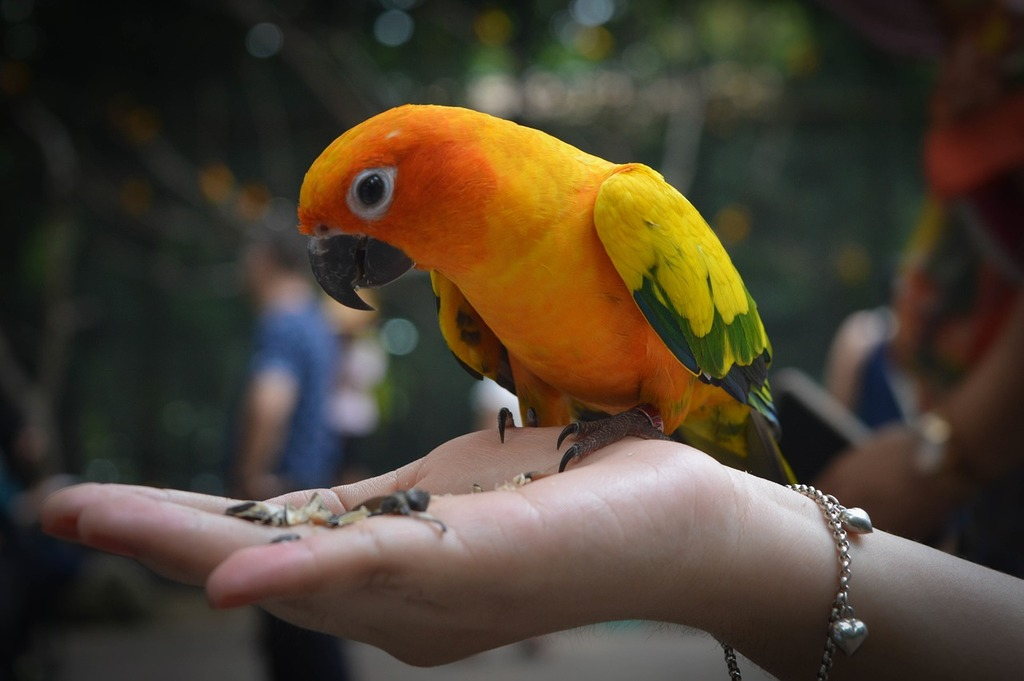
Parrots are social creatures, and they need a lot of attention from their owners. They are not the type of pet that can be left alone for hours on end without experiencing negative effects. According to The Posh Perch, unlike cats or dogs, parrots require daily interaction and mental stimulation to remain happy and healthy. A lonely parrot can quickly become depressed or anxious, which may lead to destructive behaviors such as plucking its own feathers or incessant screeching. Some species are more independent than others, but all parrots crave companionship and affection from their human flock members. If you’re someone who spends a lot of time at work or traveling, a parrot might not be the best fit for your lifestyle.
Additionally, parrots can be highly demanding, often requiring hours of attention each day in the form of talking, playing, or simply sitting on your shoulder. If you’re not ready to commit to being their primary source of entertainment and companionship, the parrot’s neediness may start to feel like a burden. Also, parrots can become jealous if they perceive someone else in your life taking attention away from them. The constant need for attention can be a lot to handle for someone with a busy or unpredictable schedule.
4. Destructive Behavior Is Common
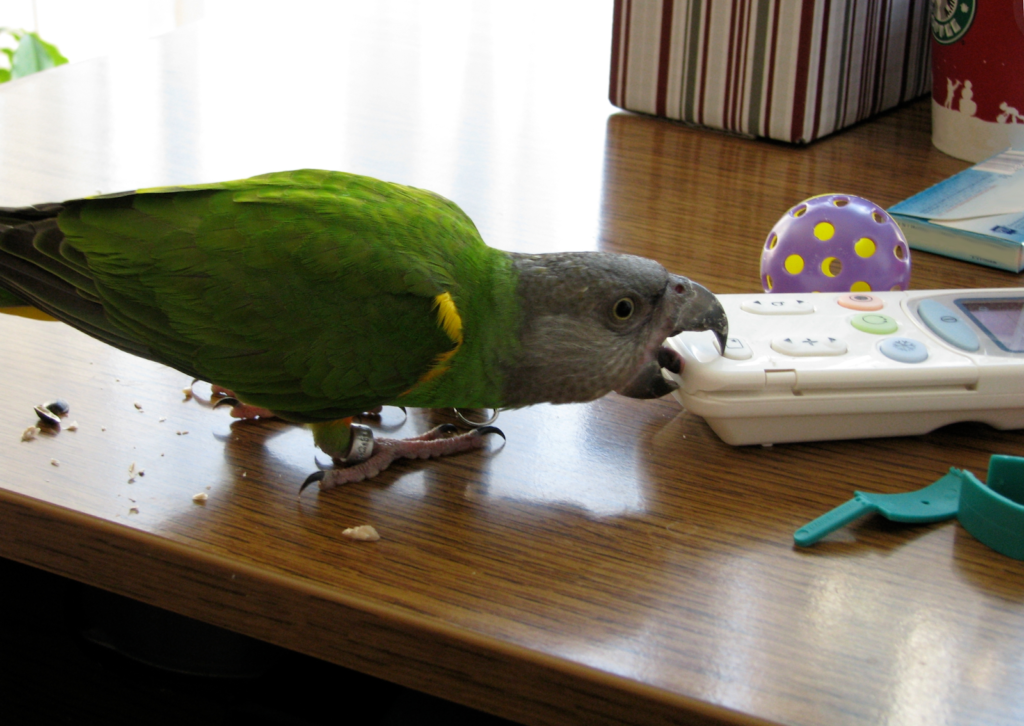
Destructive behavior is a common issue with parrots, particularly when they are bored, anxious, or lacking stimulation. According to Avian Enrichment, birds have powerful beaks that they love to use for chewing, and they are naturally inclined to destroy anything they can get their beaks on. Furniture, curtains, wires, and even the walls in your home are all fair game for a curious parrot. While some parrots can be trained to focus on appropriate toys, others will find creative ways to get into trouble. Even if you provide them with an abundance of safe toys and enrichment activities, parrots still have a natural urge to chew and shred.
The extent of the destruction can vary depending on the individual bird and its temperament, but larger parrots like macaws and cockatoos tend to cause the most damage. If you are the type of person who values their possessions and doesn’t want to deal with constant repairs, this might be a dealbreaker. Many parrot owners find themselves needing to “bird-proof” their homes by removing items that the bird could potentially ruin. This can feel like living in a fortress rather than a comfortable home. What makes matters worse is that some parrots will target specific items, like shoes or books, making it nearly impossible to have personal belongings left undisturbed.
5. They Live for Decades
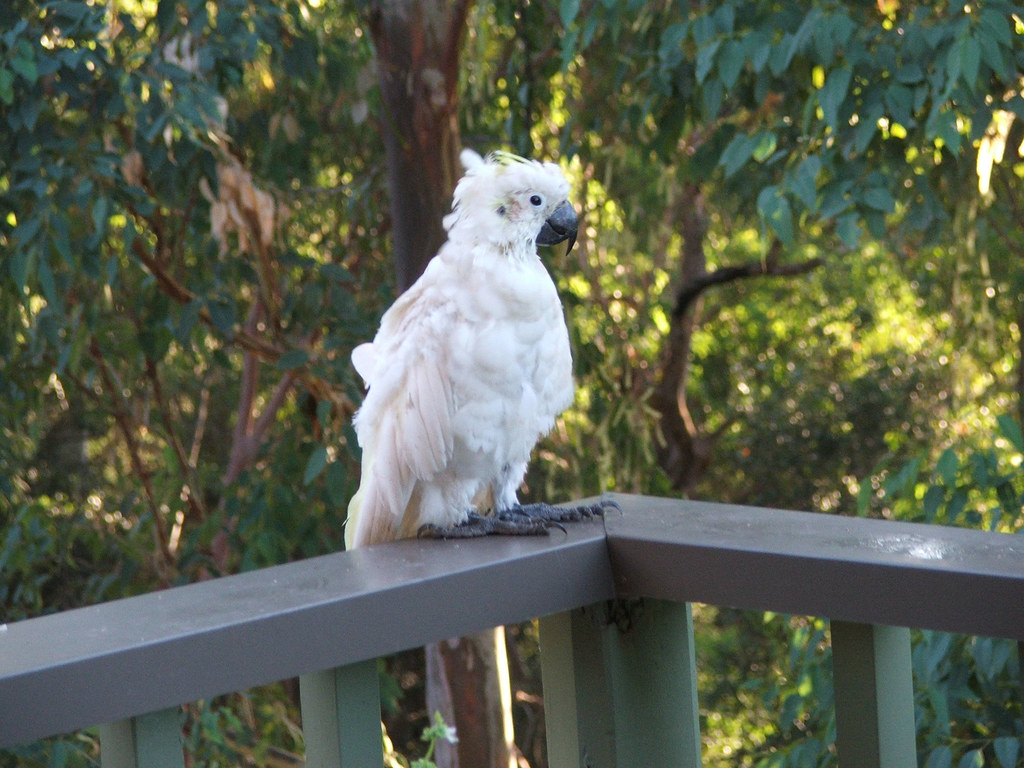
Unlike most pets, parrots are not short-term companions. In fact, many species of parrots can live for 30 years or more, and according to LiveScience, some larger breeds can even reach 70 or 80 years of age. This long lifespan means that getting a parrot is a lifelong commitment, often extending beyond your own lifetime. Are you prepared to care for a pet for potentially half a century? Many first-time parrot owners don’t realize just how long they will need to be responsible for their bird’s health and happiness. It’s important to consider how your life might change over the years—whether through moving, starting a family, or simply growing older.
Parrots require care throughout their entire lives, and their needs don’t lessen as they age. In fact, older parrots may require more specialized veterinary care and attention. If you’re someone who frequently relocates, has an unpredictable lifestyle, or doesn’t feel ready for such a long-term responsibility, owning a parrot might not be the right choice. The decision to get a parrot isn’t one to be taken lightly, as it requires a commitment that spans many decades.
6. Their Diet Can Be Complicated
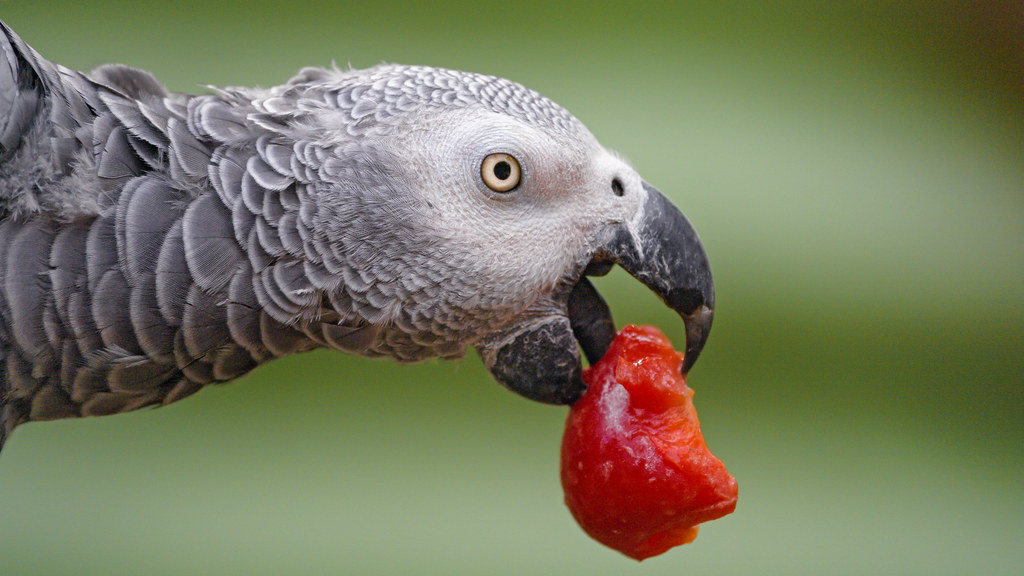
Feeding a parrot isn’t as simple as giving them birdseed. Parrots need a balanced diet consisting of fresh fruits, vegetables, nuts, and high-quality pellets. The right diet is crucial for their overall health and longevity. However, figuring out what to feed them and how to prepare their meals can be a lot of work. Some foods are toxic to parrots, such as avocado, chocolate, and caffeine, which means you must be careful with what you offer. Parrots are also picky eaters, and they may refuse certain foods or refuse to try new ones altogether.
This can make it difficult to ensure that they get all the necessary nutrients. In addition, parrots often need to be fed multiple times a day to maintain their energy and health. Meal prep for your bird can become a routine that’s time-consuming and requires a level of dedication. If you’re someone who prefers a simpler pet with fewer dietary concerns, the parrot’s complicated eating habits may not be ideal. On top of this, their cages need to be cleaned regularly to prevent food from spoiling or attracting pests, adding another layer of responsibility.
7. They Require Regular Vet Visits
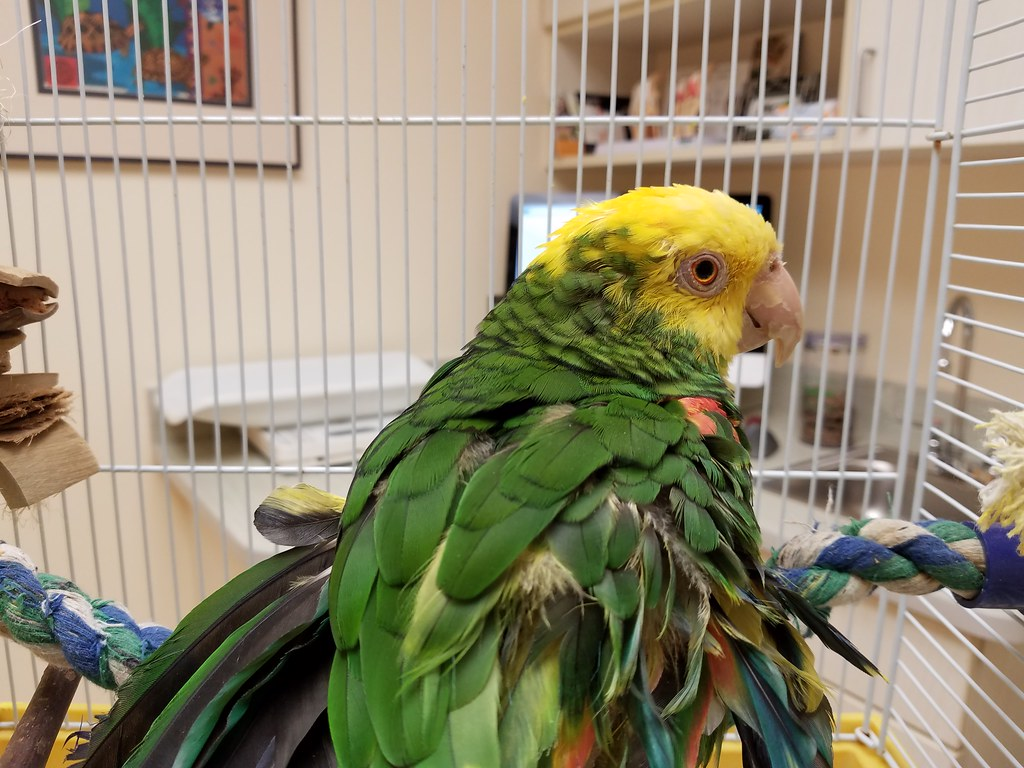
Like any pet, parrots require regular veterinary care to ensure they are healthy. However, avian vets—specialists who care for birds—can be hard to find, and when you do find one, their services can be expensive. Parrots are prone to a variety of health issues, such as respiratory infections, feather plucking, and dietary imbalances, all of which require professional treatment. Many parrot owners find themselves scheduling frequent check-ups and dealing with unexpected health crises. The cost of caring for a sick parrot can quickly add up, and for some bird owners, veterinary bills become a significant financial burden.
Moreover, because parrots are prey animals by nature, they tend to hide signs of illness until they are seriously ill. This means that by the time you notice something is wrong, the condition may have progressed to a more critical stage, requiring urgent and costly care. If you’re not prepared to spend money on regular veterinary visits and treatments, the financial demands of owning a parrot could become overwhelming.
8. They Can Be Messy Eaters
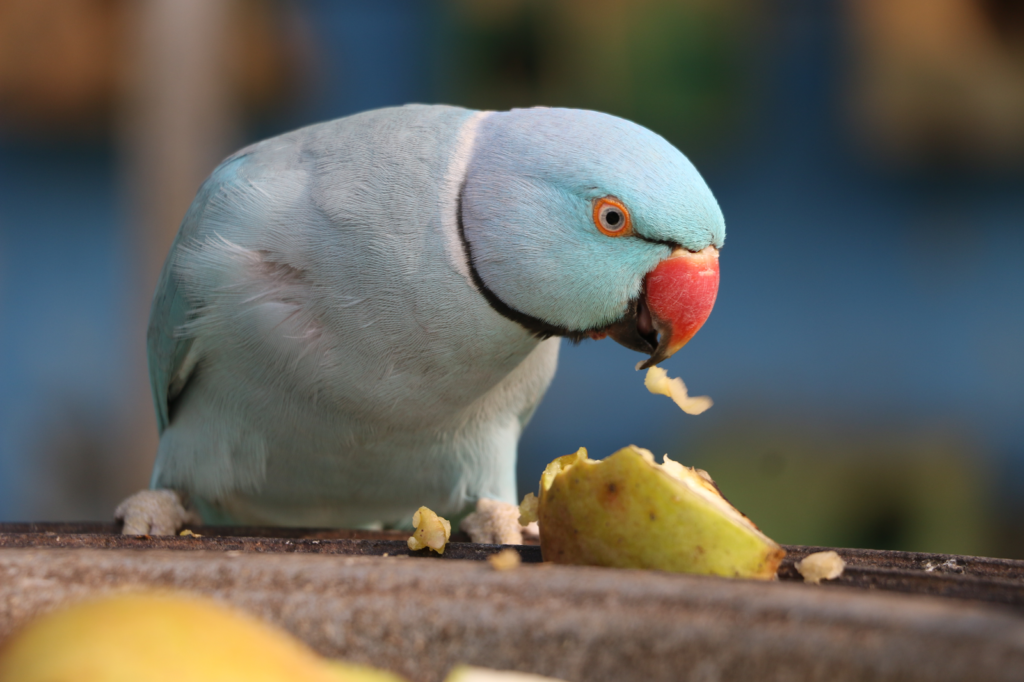
Even if you keep your parrot’s cage clean, they can still be incredibly messy during mealtime. Parrots love to scatter their food all over the place, including outside their cage and across your floor. As they eat, they may toss seeds, pellets, and bits of fruit onto the ground, creating a mess that can take hours to clean up. While some parrots eat neatly, many simply can’t resist flinging their food around as they explore it. This behavior can quickly turn your home into a disaster zone, especially if you let them out of their cage to roam freely.
The mess can be particularly difficult to manage if you have a larger bird, as they tend to eat more and make bigger messes. Even if you try to place their food in a contained area, you’ll likely still find pieces scattered throughout your home. In addition, parrots are known to chew on their food before eating it, which can cause even more crumbs and waste. Constantly cleaning up after your bird’s mealtime mess can be both time-consuming and frustrating. If you’re someone who doesn’t enjoy cleaning or doesn’t have the time to maintain a spotless home, a parrot’s eating habits may quickly become a hassle.
9. They Can Be Aggressive
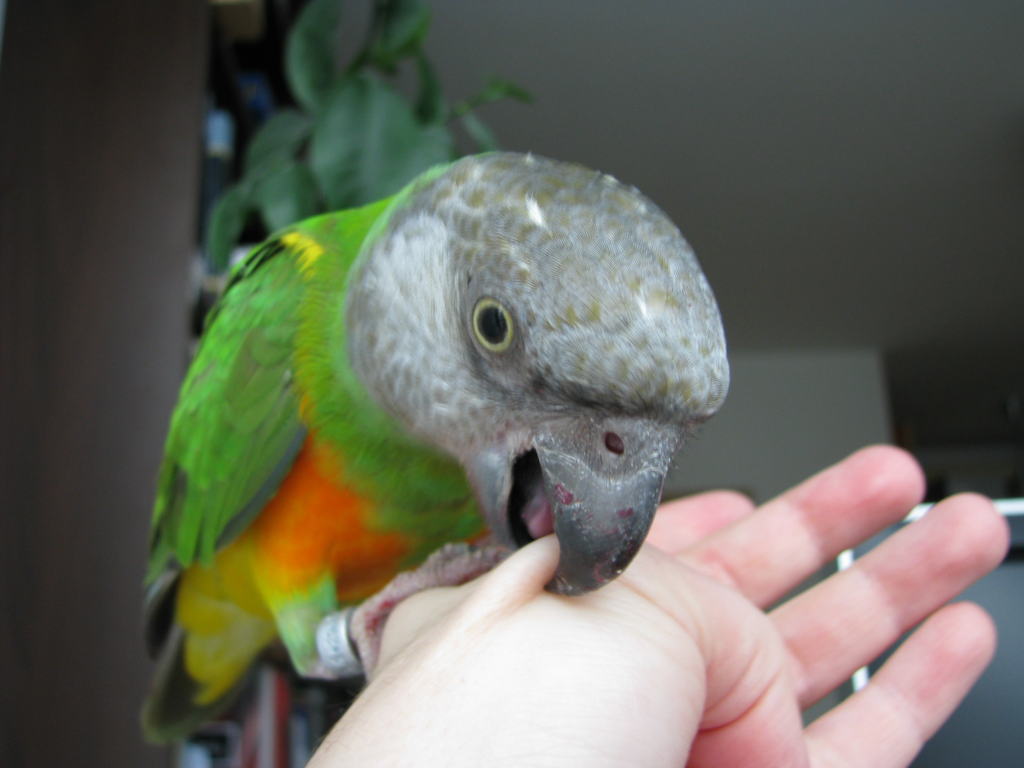
While many parrots are affectionate and gentle, others can display aggressive behavior. This aggression can manifest in biting, lunging, or even loud screeching when they feel threatened, territorial, or frustrated. Some parrots, especially those that are not properly socialized or are in their breeding season, can become very aggressive. Aggression can also arise if the bird feels that its territory or favorite human is being threatened by other pets or people. Parrots can become territorial over their cage, food, and even their owner, leading to behavior that can be difficult to handle.
Training an aggressive parrot is a long and often challenging process, and it may require professional help. If you have young children or other pets in the house, an aggressive parrot can pose a safety risk. What makes this even more difficult is that parrots have sharp beaks that can cause serious injury if they bite. If you’re not prepared to handle these types of behavioral challenges or don’t have the patience to train a difficult bird, an aggressive parrot may become a problem.
10. Their Cage Takes Up Space
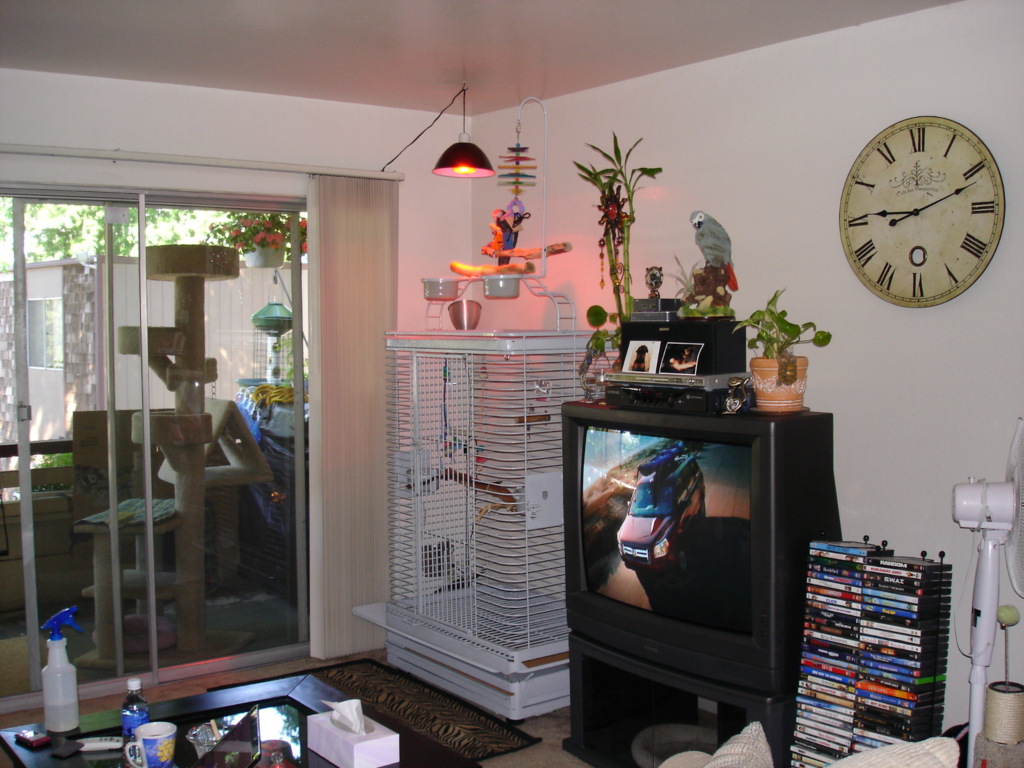
Parrots need large cages to be comfortable, and that means their living space can take up a lot of room in your home. Depending on the size and species of parrot you have, the cage can be as large as a small room. Even if you let them out for daily exercise, they still need a spacious environment to rest and sleep in. The cage should also be equipped with toys, perches, and food containers to meet their needs. However, finding a place to fit such a large cage in your home can be a challenge, especially if you live in a smaller space.
You may need to sacrifice furniture or adjust the layout of your living room just to make room for your bird. In addition, the cage must be cleaned regularly, which requires both time and effort. If you’re someone who prefers minimalist living or doesn’t have a lot of space, owning a parrot can be difficult. The cage will often need to be moved to accommodate cleaning, and this can be physically taxing. If you’re not ready to make room for a large, permanent fixture in your home, you might want to reconsider getting a parrot.
11. They’re High Maintenance
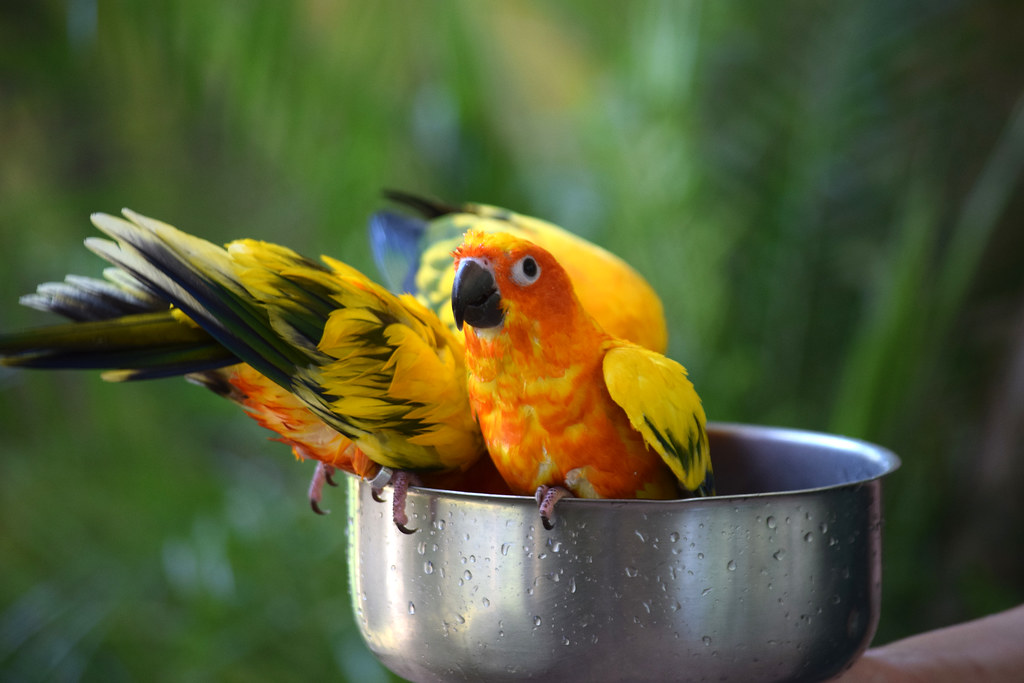
Parrots are incredibly high-maintenance pets that require constant care. From their diet to their mental stimulation to their daily cleaning routine, there is always something that needs to be done. Parrots do not thrive on neglect, and if you don’t meet their emotional and physical needs, they can become sick or depressed. Regular grooming, cage cleaning, and providing new toys or activities are just some of the demands you’ll need to fulfill. Parrots also need daily interaction to stay happy, meaning you can’t just leave them alone all day and expect them to be content. Some parrot species are more independent than others, but all will require more attention than most traditional pets.
If you’re used to a low-maintenance pet like a fish or hamster, the level of care required for a parrot might feel overwhelming. Many parrot owners find themselves exhausted by the constant upkeep needed to keep their birds happy and healthy. This can also be financially draining, as high-quality food, toys, and veterinary visits can add up quickly. If you’re not ready to invest a significant amount of time, effort, and money into caring for a bird, a parrot might not be the best choice.
12. They Can Develop Strong Attachments
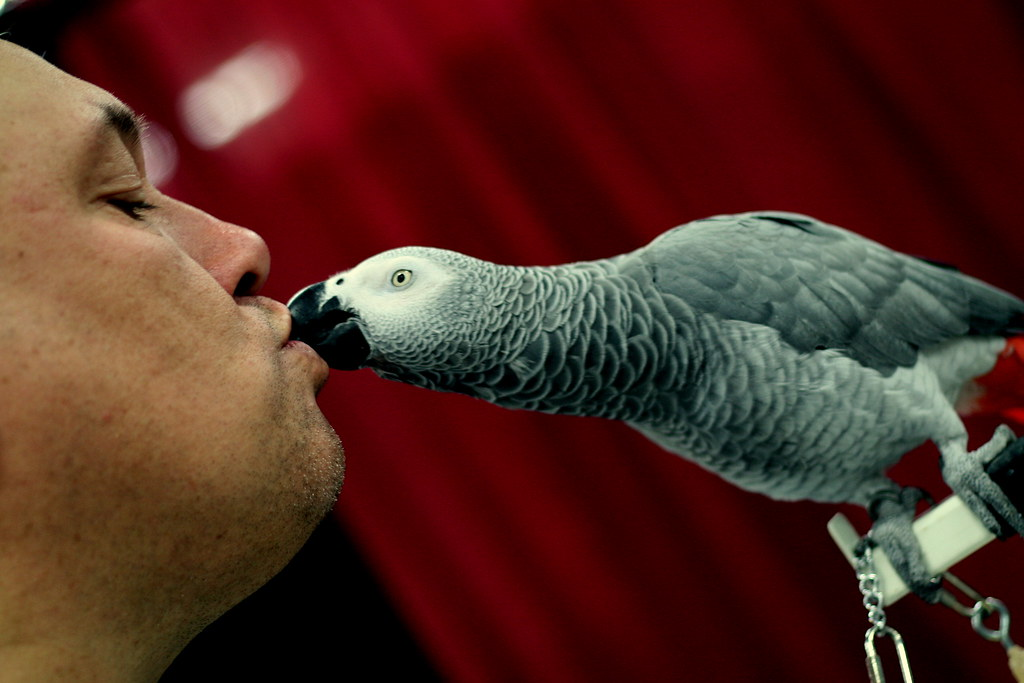
While parrots can be loving and affectionate companions, their strong emotional bonds can also create challenges. Parrots often form deep attachments to their owners and can become very dependent on them for comfort and companionship. This attachment can make it difficult for the bird to cope with changes in its environment or routine. For example, if you go on vacation or even just leave the house for extended periods, your parrot may become anxious or depressed. In extreme cases, parrots have been known to pluck their feathers or exhibit other destructive behaviors as a result of separation anxiety.
This emotional dependency can be exhausting for the owner, especially if they are constantly dealing with a distressed bird. Parrots may also become jealous if they feel that another person or animal is taking attention away from them. If you’re someone who values independence or frequently needs to leave the house, a parrot’s emotional needs can become overwhelming. While their loyalty and affection can be heartwarming, the intensity of their attachment can also create pressure, making you feel like you can never leave or take time for yourself.


